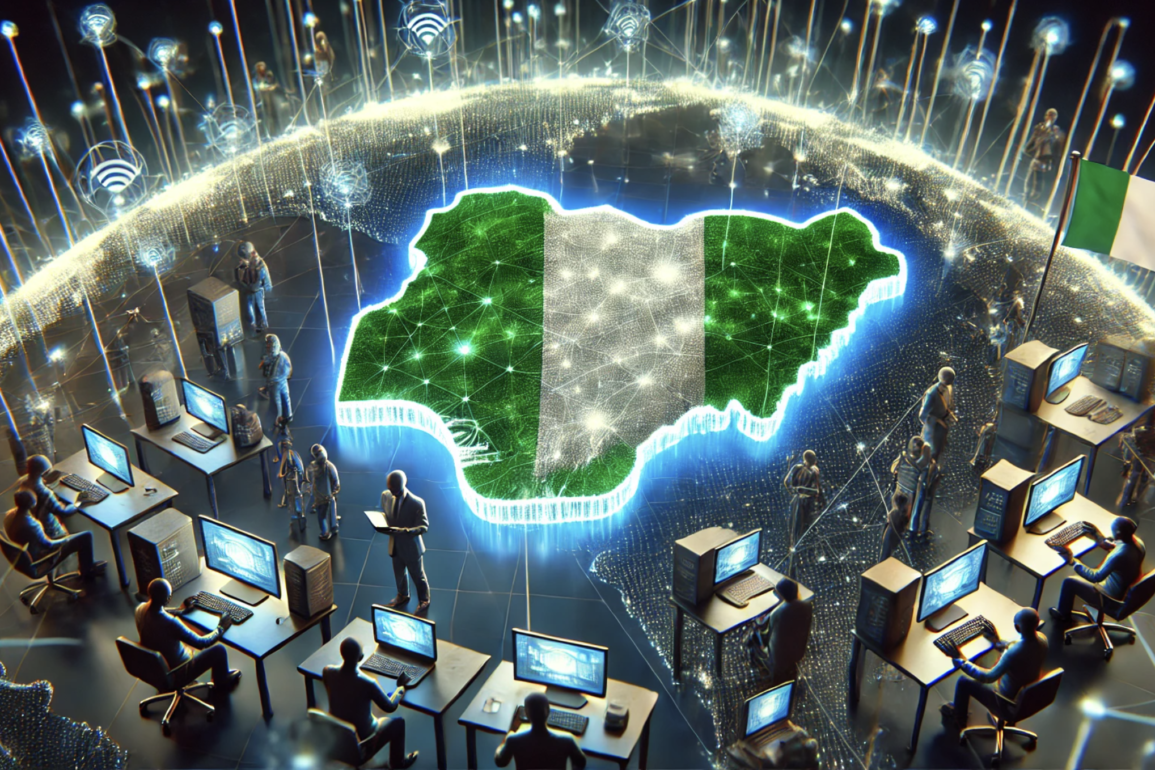The Nigerian Communications Commission (NCC) has unveiled the National Broadband Alliance for Nigeria (NBAN), a sweeping initiative to bring high-speed internet to schools, hospitals, markets, and religious centers nationwide. Announced Tuesday at a Lagos summit attended by telecom CEOs and state governors, the alliance seeks to boost broadband penetration from 44% in 2024 to 70% by 2025, with minimum speeds of 25 Mbps in cities and 10 Mbps in rural areas.
The NBAN framework, which aligns with Nigeria’s 2020–2025 Broadband Plan, hinges on partnerships between state governments, telecom operators like MTN and Airtel, and infrastructure firms. A pilot program will launch in eight states — Edo, Ogun, Kwara, Katsina, Imo, Abia, Borno, and Nasarawa — focusing on fiber deployment and public Wi-Fi hotspots.
“Achieving these goals will require more than just the efforts of the private sector. It will require a holistic approach that includes strategic partnerships with donors, investors, and other key stakeholders in accelerating the roll-out of critical infrastructure,” NCC Executive Vice Chairman Aminu Maida said.
Tariff Hikes and Spectrum Sharing
The announcement follows the NCC’s controversial 50% tariff increase approval for telecom operators on January 20, 2025, contingent on service quality improvements within three months. While operators prepare to comply, industry leaders warn the hike merely offsets rising costs without addressing systemic issues.
“Tariff increase is not all the problem that the industry faces,” Gbenga Adebayo, President of the Association of Licenced Telecommunication Operators of Nigeria said. As of January 2025, Nigeria’s internet metrics lag peers: 4G reaches 47% of users, while 5G lingers at 2.4% two years post-launch. By contrast, South Africa and Egypt boast 74.7% and 72.2% penetration, respectively.
With broadband investments targeted to grow 300–500% by 2027, Nigeria’s digital divide hangs in the balance. For context, 87 million Nigerians remain offline, per World Bank data. Success hinges on navigating economic headwinds and securing the $2.5B+ needed for nationwide fiber.
MTN-9Mobile Pact Spurs Competition
In a strategic move, the NCC greenlit a roaming and spectrum-sharing deal between MTN Nigeria and 9mobile, the nation’s fourth-largest operator. The agreement allows 9mobile subscribers to access MTN’s network in coverage gaps, while MTN gains profit-sharing rights and 9mobile’s 900 MHz, 1800 MHz, and 2100 MHz spectrum bands.
Meanwhile, Airtel Nigeria CEO Dinesh Balsingh outlined expansion plans, including site upgrades and rural coverage boosts. Yet meeting the NCC’s three-month service deadline remains daunting amid Nigeria’s persistent infrastructure vandalism and bureaucratic delays.
Maida outlined a three-pronged strategy for NBAN’s roadmap, beginning with regulatory streamlining to fast-track permits for fiber optic deployment and reduce bureaucratic delays. The plan also includes investment incentives such as tax breaks and subsidies to attract private-sector funding for rural broadband projects, alongside public awareness campaigns aimed at boosting internet adoption in underserved regions through digital literacy programs and community engagement.
Together, these measures aim to dismantle infrastructure barriers, stimulate private investment, and ensure equitable access to high-speed connectivity across Nigeria.




